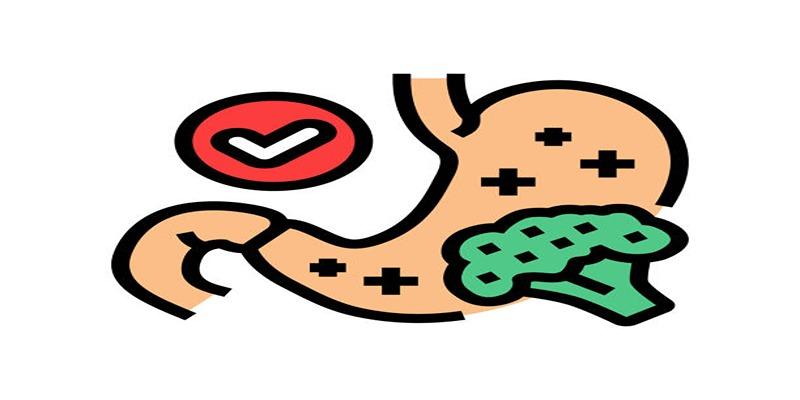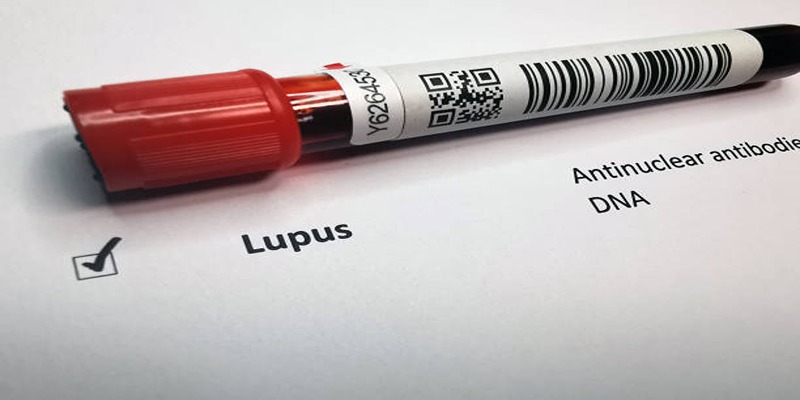Removing dairy from your diet can cause numerous health benefits, such as improved digestion, clearer skin, and less inflammation. In this guide, we will discuss the possible advantages of giving up dairy, debunk some common myths, and give you helpful advice for a seamless transition to a dairy-free diet.
The Rise of Dairy-Free Diets
In the last ten years, dietary exclusion of dairy products has become increasingly popular globally. This is due to increased awareness of food intolerances, ethical purposes, and healthy lifestyle demands.
Increasingly, individuals are seeing the potential drawbacks of consuming dairy, such as lactose intolerance and the environmental impact of dairy farming. Consequently, substitutes like almond milk, oat milk, and other plant-based milks have become household staples.
8 Health Benefits of Ditching Dairy
Cutting out dairy from your diet can cause a variety of health gains, which makes it a good life change for many. Ranging from enhanced digestion to enhanced hormonal balance, the effects of giving up dairy can be short-term and long-term. The following are eight major health advantages of eliminating dairy explained in depth:
1.Better Digestion

For people with lactose intolerance or sensitivity, elimination of dairy from the diet is commonly followed by significantly improved digestion and less gastrointestinal discomfort. Lactose, a sugar in milk and other dairy foods, may be hard for most people to digest.
By ditching dairy, your system no longer needs to put in overtime to digest lactose, which will reduce symptoms such as cramping, gas, bloating, and diarrhea. Digestive health can also be further enhanced when dairy is substituted with nutrient-dense, gut-friendly alternatives like almond milk, oat milk, or soy products.
2.Clearer Skin
Eliminating dairy can produce dramatic skin health benefits for most individuals. Milk proteins and the natural and synthetic hormones that are found in most dairy foods have been associated with acne and other inflammatory dermatologic conditions. When you eliminate dairy and go with plant foods, your skin tends to become less inflamed, smoother, and clearer as time passes.
This can decrease breakouts and enhance skin texture, resulting in an increase in confidence that is easily noticeable. Plant-based diets are also usually high in antioxidants and vitamins, which further contribute to healthy, radiant skin.
3.Reduced Bloating
Bloating is a common and uncomfortable symptom for those who are sensitive to dairy or lactose intolerant. Consuming dairy products can cause the stomach to feel heavy, gassy, and bloated, which can interfere with daily comfort and productivity.
Switching to non-dairy alternatives like coconut milk or cashew milk not only alleviates bloating but also helps you feel lighter and more comfortable throughout the day. Many people report a significant improvement in their overall digestion and energy levels after cutting out dairy and addressing the root cause of their bloating.
4.Decreased Inflammation
Dairy products can sometimes contribute to low-grade inflammation in the body, especially for individuals who are sensitive to milk proteins such as casein or whey. Chronic inflammation is often linked to conditions such as arthritis, joint pain, and autoimmune diseases.
By removing dairy from your diet, you may notice reduced swelling, stiffness, and discomfort in your joints and muscles. This can significantly improve mobility and overall wellness. Replacing dairy with anti-inflammatory foods like leafy greens, nuts, and seeds can further enhance your body’s ability to combat inflammation naturally.
5.Better Respiratory Health
For some people, consuming dairy can lead to increased mucus production, which may worsen respiratory conditions such as asthma, sinus congestion, or chronic bronchitis. Dairy proteins and sugars can sometimes irritate the respiratory system, making it harder to breathe clearly, especially during allergy seasons or when you’re under the weather.
Eliminating dairy from your diet can lead to noticeable improvements in breathing, less mucus buildup, and fewer respiratory complications. This is particularly beneficial for individuals who experience frequent sinus infections or asthma-related flare-ups.
6.Lower Cholesterol Levels
Full-fat dairy products like cheese, butter, and cream are high in saturated fats, which can contribute to elevated cholesterol levels over time. High cholesterol is a significant risk factor for heart disease and other cardiovascular issues.
By switching to plant-based dairy alternatives such as almond milk, soy-based yogurts, and vegan cheeses, you can significantly reduce your intake of saturated fats. This dietary change supports healthier cholesterol levels, improves heart health, and lowers the risk of developing cardiovascular diseases in the long run.
7.Enhanced Energy Levels
Digestive discomfort, inflammation, and bloating caused by dairy consumption can take a toll on your energy levels, leaving you feeling sluggish and fatigued. Removing dairy from your diet and replacing it with easily digestible, plant-based options can lead to a noticeable boost in energy and vitality.
Foods that are easier for your body to process allow you to feel more energized, focused, and productive throughout your day. Many people report feeling lighter and more refreshed after eliminating dairy and switching to nutrient-rich alternatives.
8.Hormonal Balance
Dairy products, particularly those from conventionally farmed sources, often contain traces of artificial or natural hormones that can interfere with your body’s hormonal balance. Consuming dairy may contribute to hormonal imbalances, leading to symptoms like mood swings, irregular menstrual cycles, and hormonal acne. Removing dairy from your diet can help restore natural hormone levels and improve overall well-being.
9.Weight Management Support

Dairy products are often high in calories and can contribute to weight gain if consumed excessively. By eliminating dairy from your diet, you may experience weight loss or have an easier time maintaining a healthy weight. However, it’s important to note that simply removing dairy from your diet is not a guarantee of weight loss and should be paired with other healthy habits such as regular exercise and a balanced diet.
Potential Challenges and Solutions
As with any dietary change, there may be challenges that arise when eliminating dairy from your diet. These may include food cravings, difficulty finding alternatives, and a potential feeling of social exclusion in situations where dairy products are commonly consumed.
One potential solution is to gradually reduce your dairy intake instead of cutting it out entirely. This can help ease the transition and make it more sustainable in the long run. You can also try experimenting with different types of non-dairy milk, such as almond or oat milk, until you find one that suits your taste preferences.
In terms of social settings, open communication about your dietary restrictions can help prevent any feelings of exclusion. Bringing your own dairy-free options to gatherings or politely informing your host beforehand can ensure that you are able to enjoy the meal without compromising your dietary choices.
Conclusion
Switching to a dairy-free lifestyle is a meaningful commitment that can benefit your health, the environment, and animal welfare. By exploring various alternatives and maintaining open communication in social settings, you can seamlessly incorporate this change into your life. Remember, the key to long-term success lies in flexibility and finding what works best for you. With thoughtful planning and a positive mindset, adopting a dairy-free diet can be a rewarding and sustainable choice for the future.












